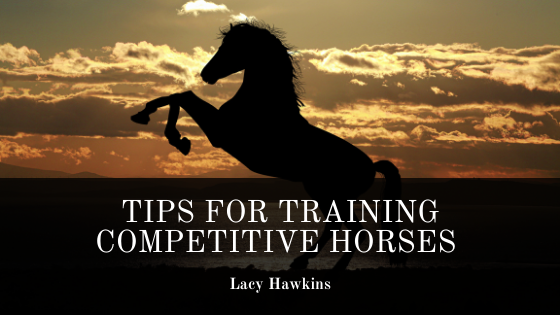Although categorized as herd animals, horses retain their distinct personalities as they are listed among the ten most intelligent animals. Owners must take a few steps before a professional trainer arrives to instruct the horse as it is an intelligent animal that may act up.
Get to Know the Personality of the Horse
Watching the horse interact with the other horses in the pasture is an excellent way to understand whether he is a brave leader that exudes confidence or a nervous follower. Spending more time training and providing positive reinforcement for a less dominant horse will increase the equine’s confidence. If a horse tends to become agitated, working on calming him will help settle him so he can perform well.
Determine the Causes of Any Issues
Trainers have experience detecting the root causes of horses’ inabilities or their reluctance to perform a particular task. Sometimes a horse is fearful because he cannot do the exercise, so trainers determine whether the horse is not physically able to perform as expected or whether he is exhibiting stubbornness. Also, a horse who under-performs may not feel well. An understanding of the horse’s condition will help in finding a solution.
Be Firm and Consistent
Because horses are large animals, the owner and trainer must be firm with them while also keeping in mind that because horses are herd animals and not predators, they need assurances, consistency, and leadership. Trainers can determine the root of a problem in a horse’s behavior and assist the owner in being firm while resolving issues.
Watch for Behavioral Changes
Owners and trainers must pay attention to any changes in the horse’s behavior. Then, they can quickly introduce corrective measures to calm the horse or induce the equine to obey so that the horse will not repeat such bad behavior. When the causes for such behavior are uncovered expeditiously, the horse and rider can more easily succeed.
